Hey there, puppy parent extraordinaire! 🐾 Got a little furball with a penchant for nibbling your fingers, toes, and everything in between? Fear not! Puppy biting is a totally normal part of their development, and in this guide, we’re going to teach you how to navigate this adorable yet nippy phase with a smile on your face and intact shoelaces.
Why Do Puppies Bite?
First things first, let’s dive into the ‘why’ behind those sharp puppy teeth. Puppies bite for various reasons, and understanding their motives is the first step in addressing the issue.
- Exploration: Puppies use their mouths to explore the world. It’s their way of understanding textures, tastes, and objects around them.
- Teething: Just like human babies, puppies go through teething. Chewing helps relieve the discomfort of those emerging adult teeth.
- Play: Puppies play with each other using their mouths. Biting is a form of play and social interaction.
- Attention-Seeking: Sometimes, puppy biting is their way of saying, “Hey, pay attention to me!”
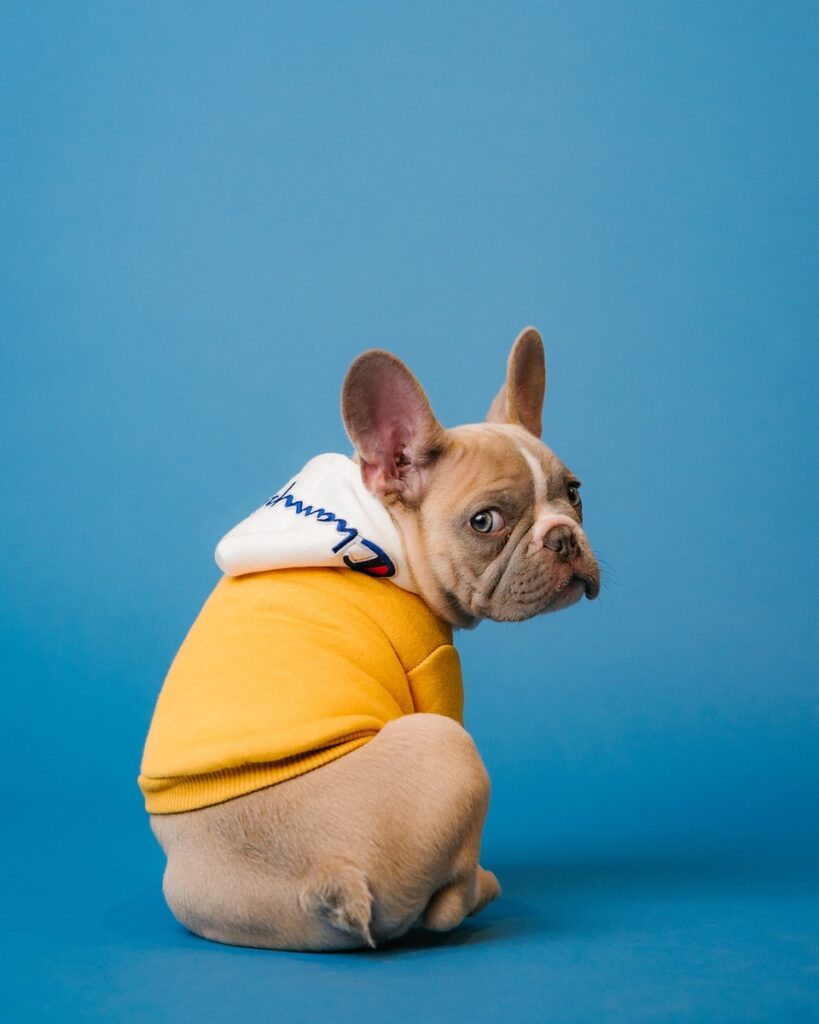
Managing Puppy Biting: Tips and Tricks
Now that we know why puppies bite, let’s move on to the fun part – managing and redirecting their nippy tendencies!
Teething Toys are Your Best Friends:
Puppy teething toys are a must-have. They soothe those sore gums and provide a safe outlet for chewing. The market is filled with a variety of shapes and textures to keep your pup entertained.
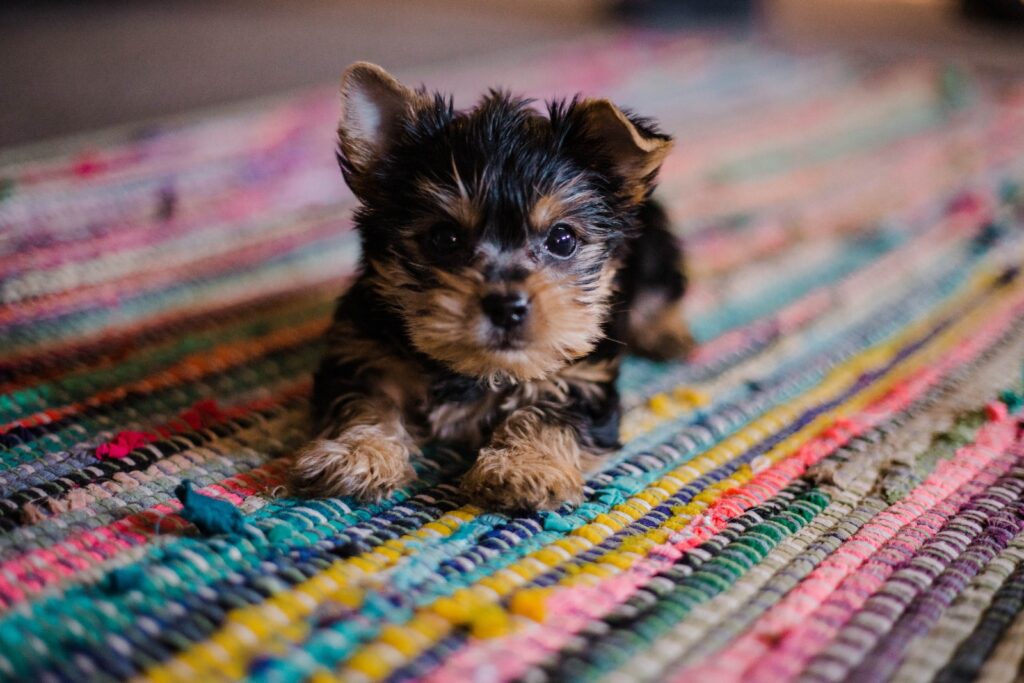
Positive Reinforcement:
Reward good behavior! When your puppy isn’t biting or nibbling, praise them lavishly, and offer treats. They’ll quickly learn that gentle behavior is rewarded.
Teach Bite Inhibition:
This is a crucial skill for puppies. When they bite too hard during play, yelp in a high-pitched voice to mimic the reaction of a fellow puppy. This signals that the bite was too much, and most pups will learn to be gentler.
No Biting Tolerated: Teach your puppy that biting clothes and skin is a no-no. If they get too rough during play, don’t pull away quickly; instead:
- Leave your hand there and say “ouch” in a yelping voice.
- Praise them for letting go and continue playing.
- If they persist, stand up and ignore them for a few seconds or leave the room.
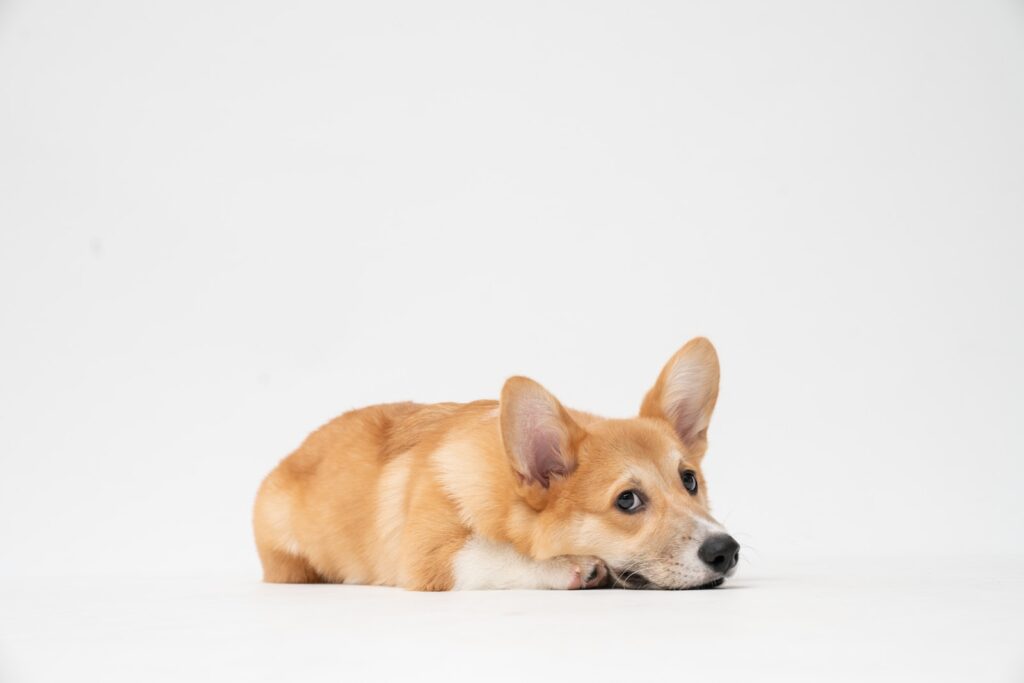
Socialization is Key:
Socialize your puppy with other dogs to teach them appropriate play manners. Interaction with older, well-behaved dogs can help teach bite inhibition.
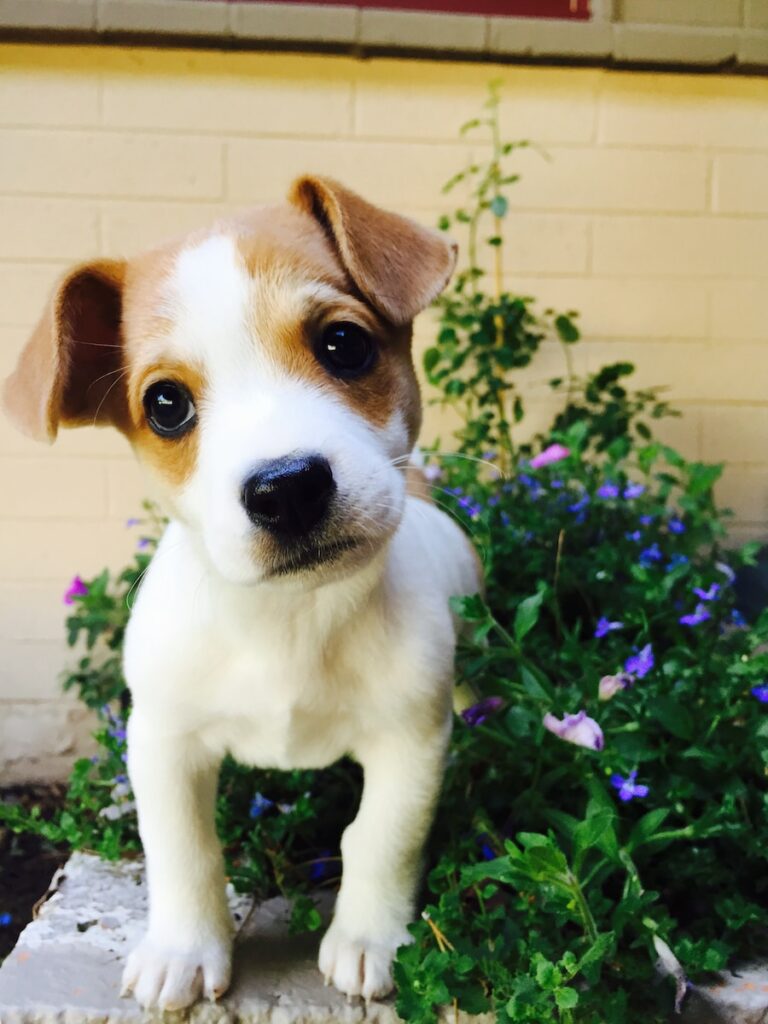
Exercise and Playtime:
Make sure your pup gets plenty of exercise and playtime. A tired puppy is less likely to engage in excessive biting.
Getting Rid of Excess Energy: Sometimes, excessive biting can be a sign of not getting enough exercise or mental stimulation. Make sure your pup is getting both!
Puppy-Proof Your Home: To prevent chewing on cords or other harmful things, puppy-proof your home and provide safe chew toys.
Things to Avoid: Don’t encourage biting by fiddling with your hands near their face, making quick movements, or playing too rough. Never yell, hit, or kick your puppy for biting; it won’t help.
Redirect Their Attention:
When your puppy starts to nibble on your hand or clothing, redirect their attention to a toy. This teaches them what’s acceptable to chew on.
Redirecting: Teach your pup that it’s okay to chew on toys, not on skin. When they start biting, engage in a game of tug to redirect their attention to the toy.
- If play gets too rough, stop and try the “let go” command.
- If your ankles are the target, stop and say “no,” then offer a toy to play with.
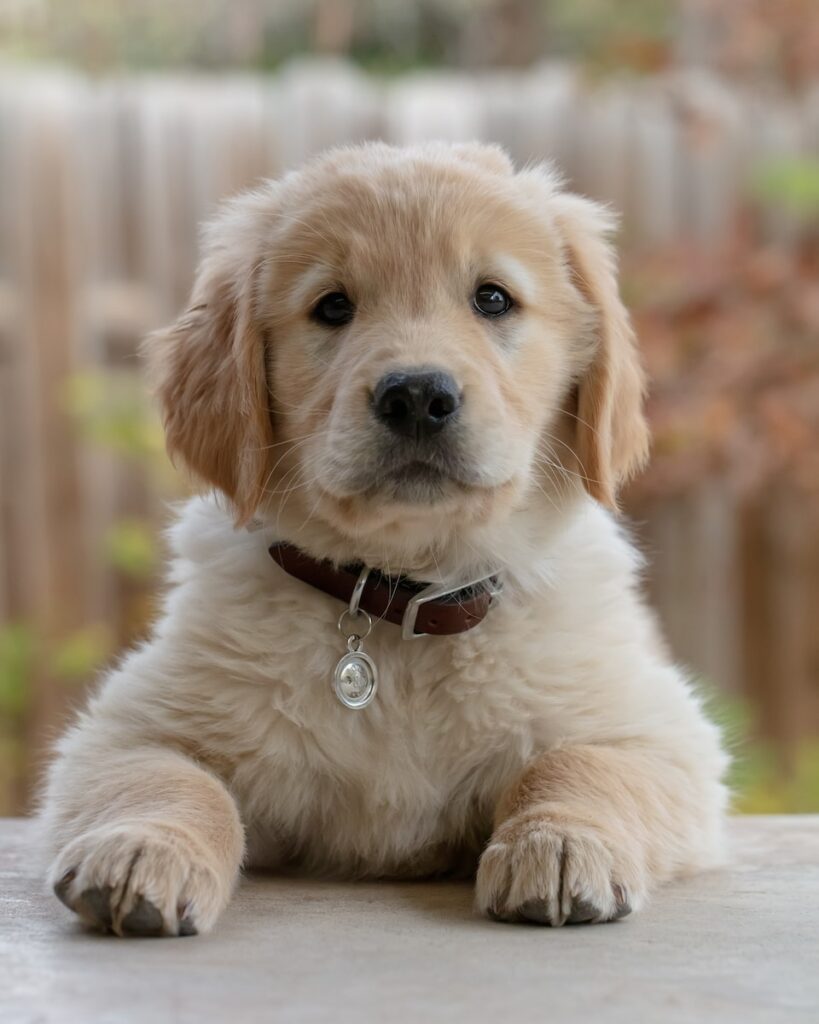
Use Bitter Apple Spray:
If your pup is fond of chewing on furniture or other forbidden objects, try using a bitter apple spray on those items. The unpleasant taste will deter them.
Gentle Treats: Train your pup to interact gently with your hands during play or petting by using treats.
- Hold treats between your fingers, and if they bite too hard, stop feeding them.
- This method encourages them to lick instead of bite.
Stay Calm and Consistent:
Stay calm when addressing puppy biting. Consistency is key. Everyone in the family should use the same training methods to avoid confusion.
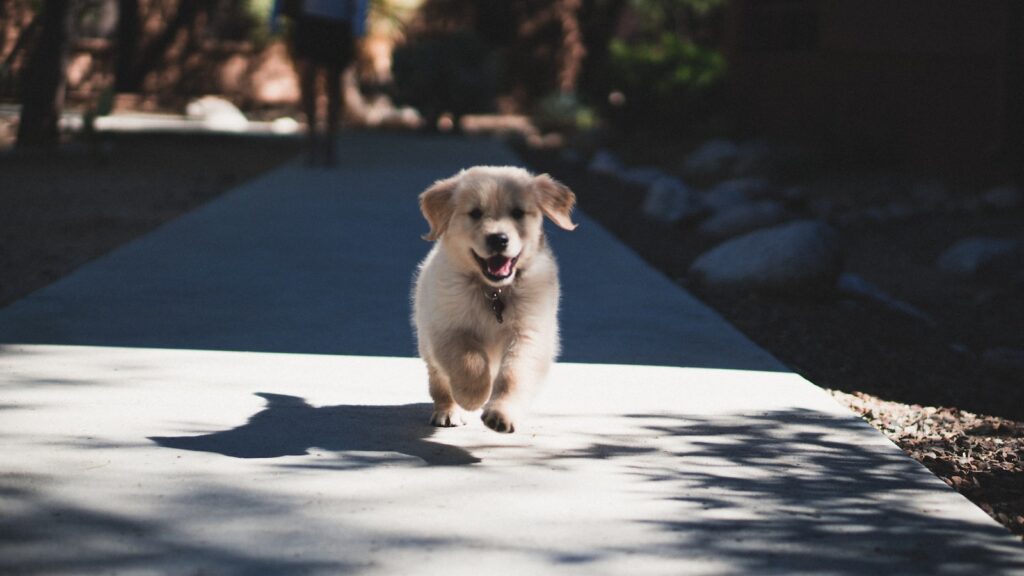
Professional Training:
If your puppy’s biting becomes aggressive or unmanageable, consider seeking professional training help from a certified dog trainer.
When Play Biting Becomes Serious: Play biting is normal, but watch for signs of aggression. Seek professional help if needed.
Teething Relief: Like babies, puppies lose their teeth. Provide safe chew toys and ensure your pup gets enough exercise.
Remember, Patience is a Virtue
Lastly, remember that patience is your secret weapon. Puppyhood is a stage that will pass, and as your pup grows, their biting tendencies will likely decrease. In the meantime, embrace the adorable moments and cherish the time you have with your fluffy, mischievous furball.
So, there you have it, a bubbly guide to tackling puppy biting! It may seem like a challenge now, but with the right techniques and a whole lot of love, you and your pup will come through this phase with flying colors. Enjoy the journey of raising your little bundle of joy – sharp puppy teeth and all! 🐶❤️
.
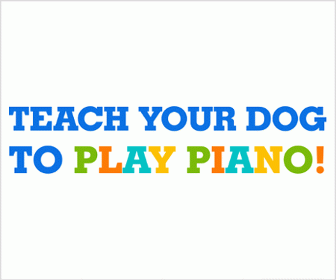
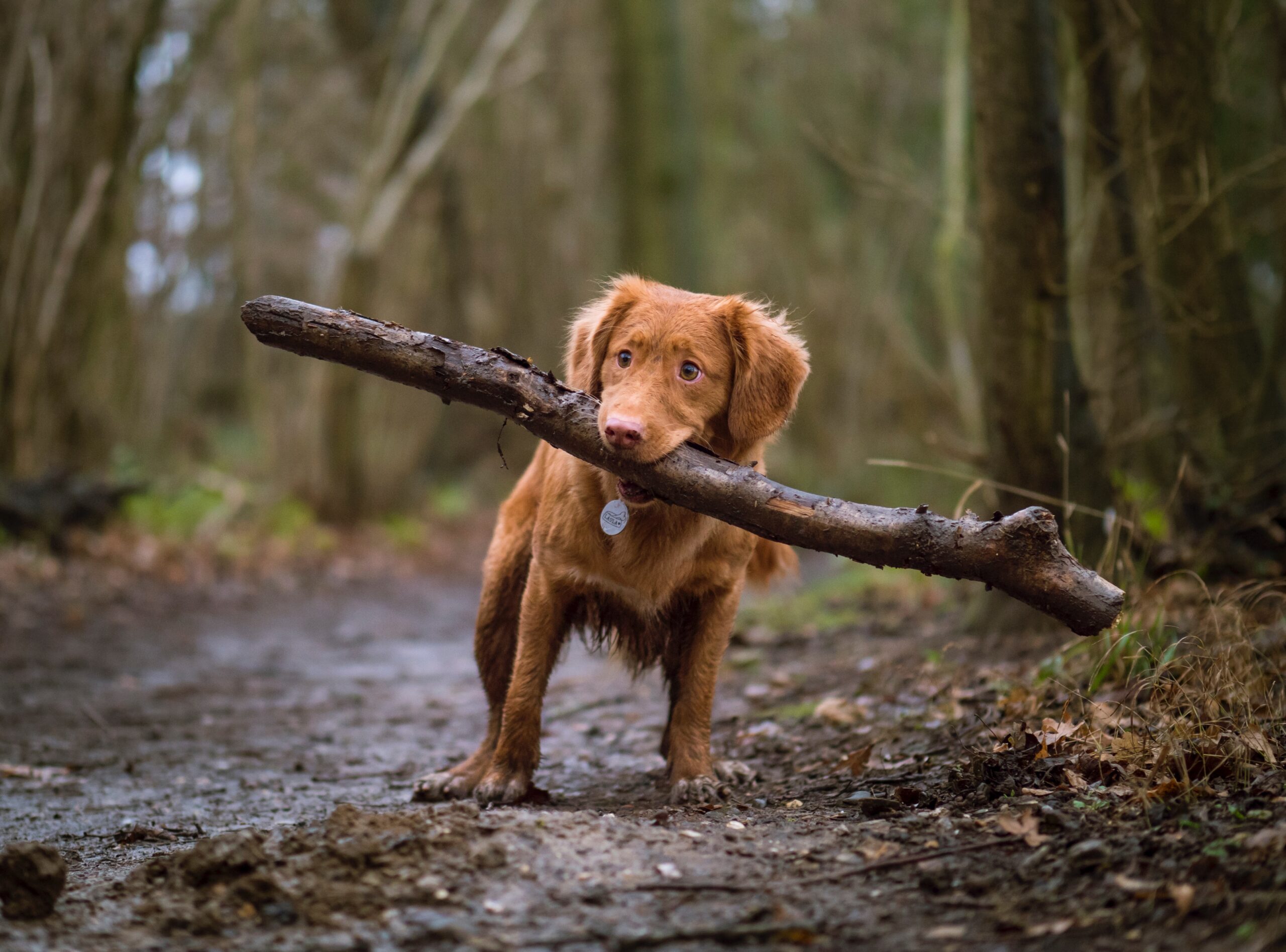

0 replies on “Puppy Biting: Navigating the World of Playful Puppies”
naturally like your web site however you have to test the spelling on several of your posts. Many of them are rife with spelling issues and I in finding it very troublesome to tell the reality on the other hand I will certainly come back again.
Your comment is awaiting moderation.